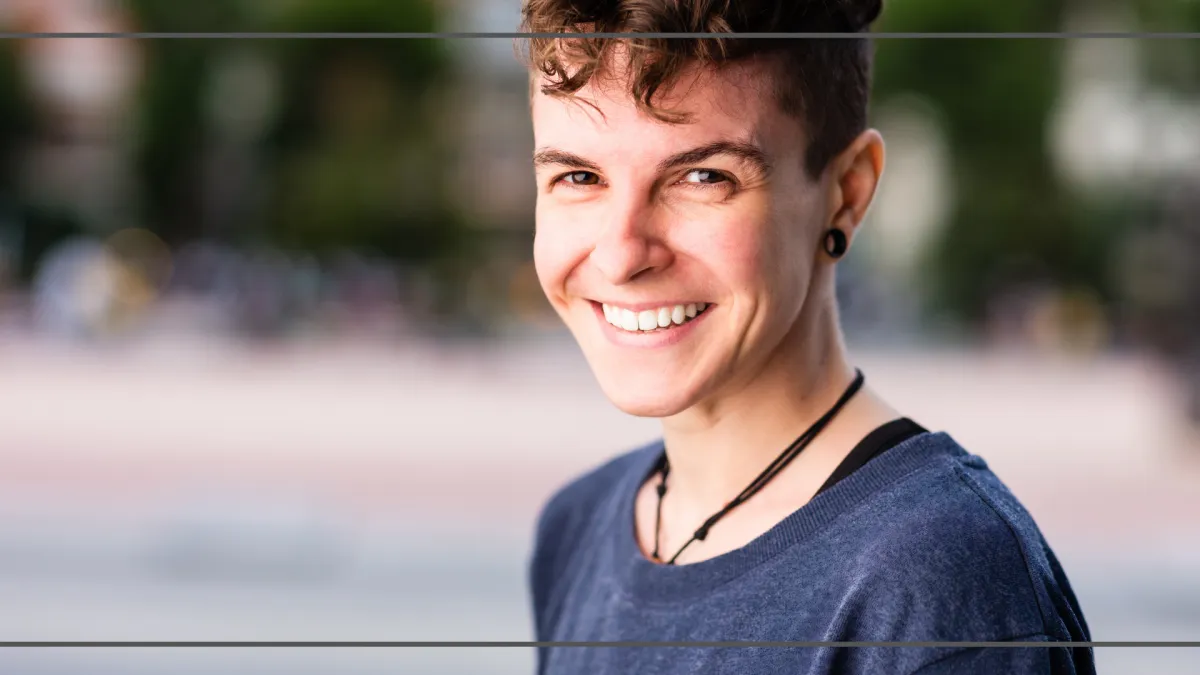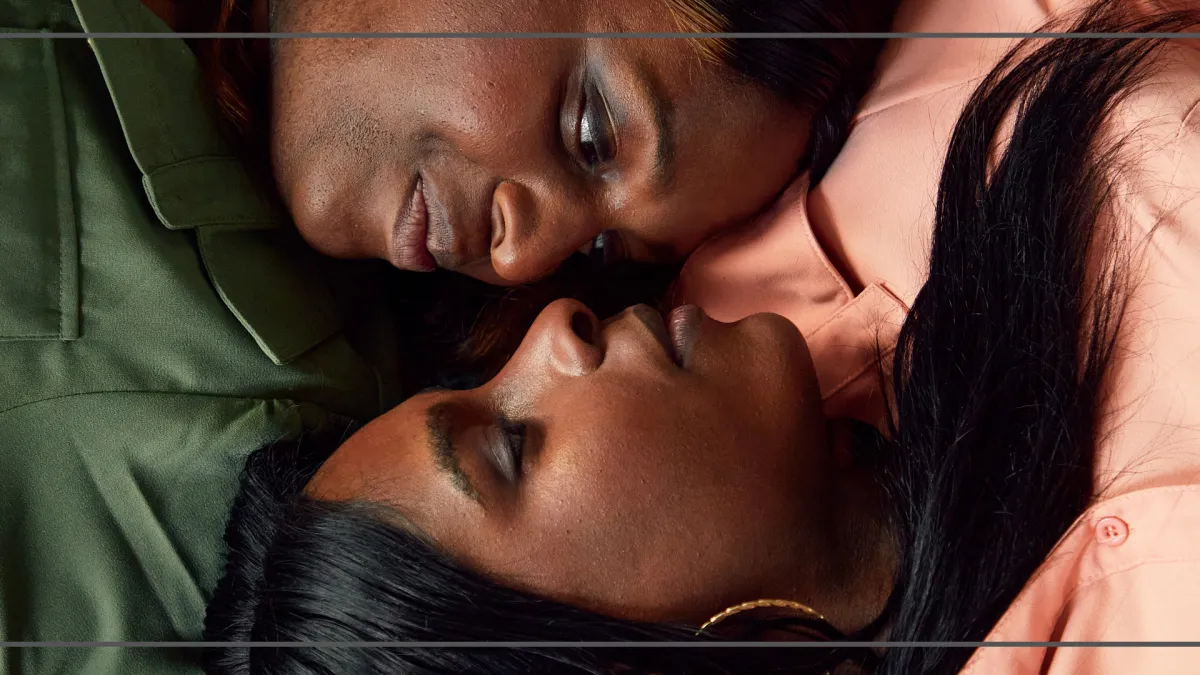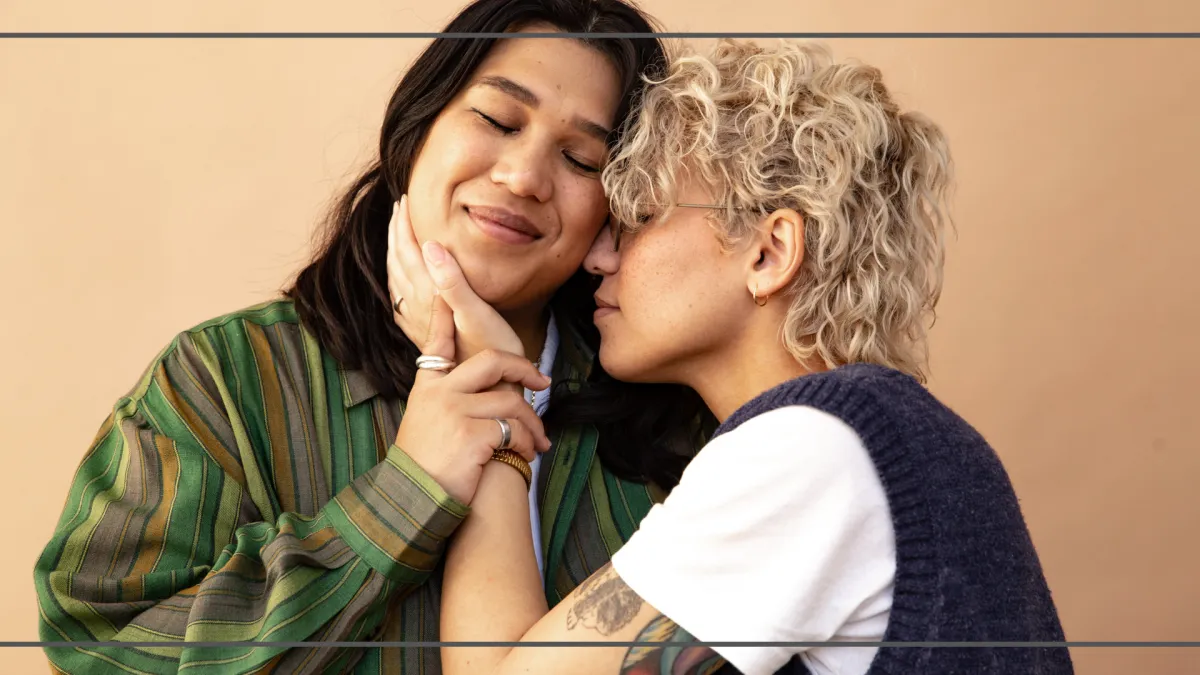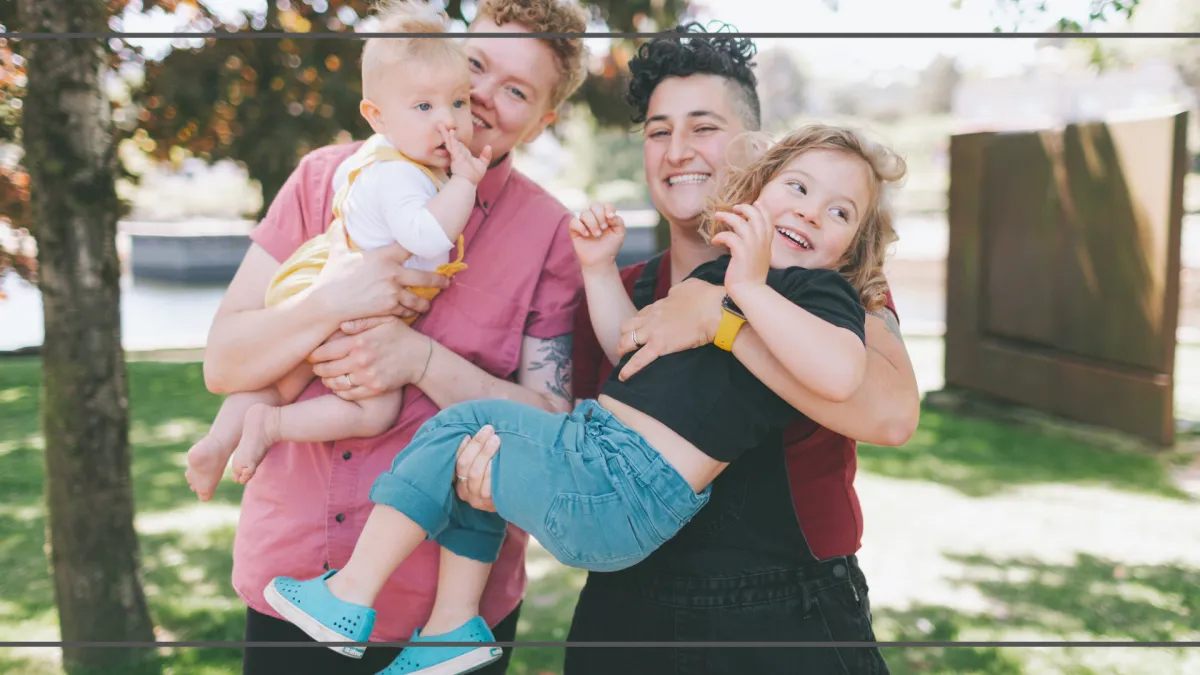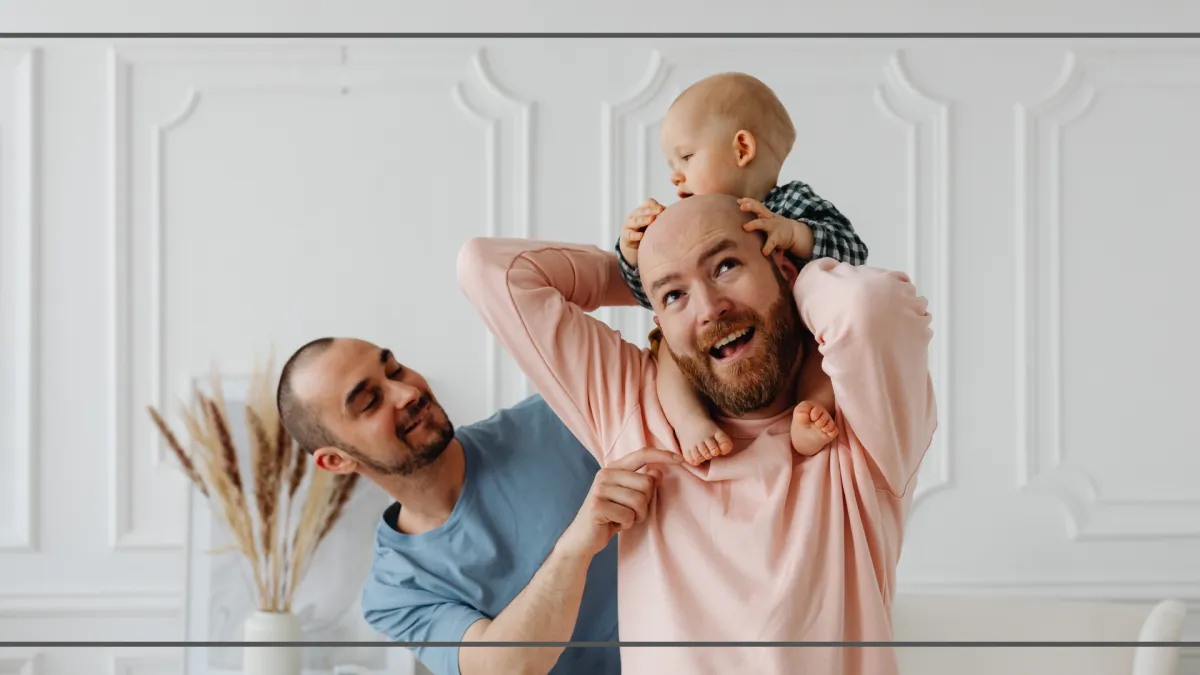Dear Past, Thanks for all the lessons.
Dear Future, I'm ready to kick ass.
Welcome to FlowArt Therapy, established in 2016 by Dr. Misty Gibson. Our practice is all about supporting neurodivergent and queer folks with a fresh, inclusive approach to mental health. Dr. Misty, with her extensive credentials (PhD, LMHC, LCPC, LCPAT, ATR-BC, CST, ACS, ATCS, NCC, BC-TMH), is a specialist in neurodivergent and queer concerns and an AASECT Certified Sex Therapist.
Our awesome team of therapists are trained and passionate about working with neurodivergent folx and queer folx, as well as people in open relationships, polyamorous dynamics, relationship anarchy, and the BDSM community. Under Dr. Misty’s expert guidance, we focus on providing affirming and culturally competent care for those who are often marginalized by traditional mental health services. At FlowArt, we celebrate your individuality and offer innovative, tailored care that respects and values your unique journey.
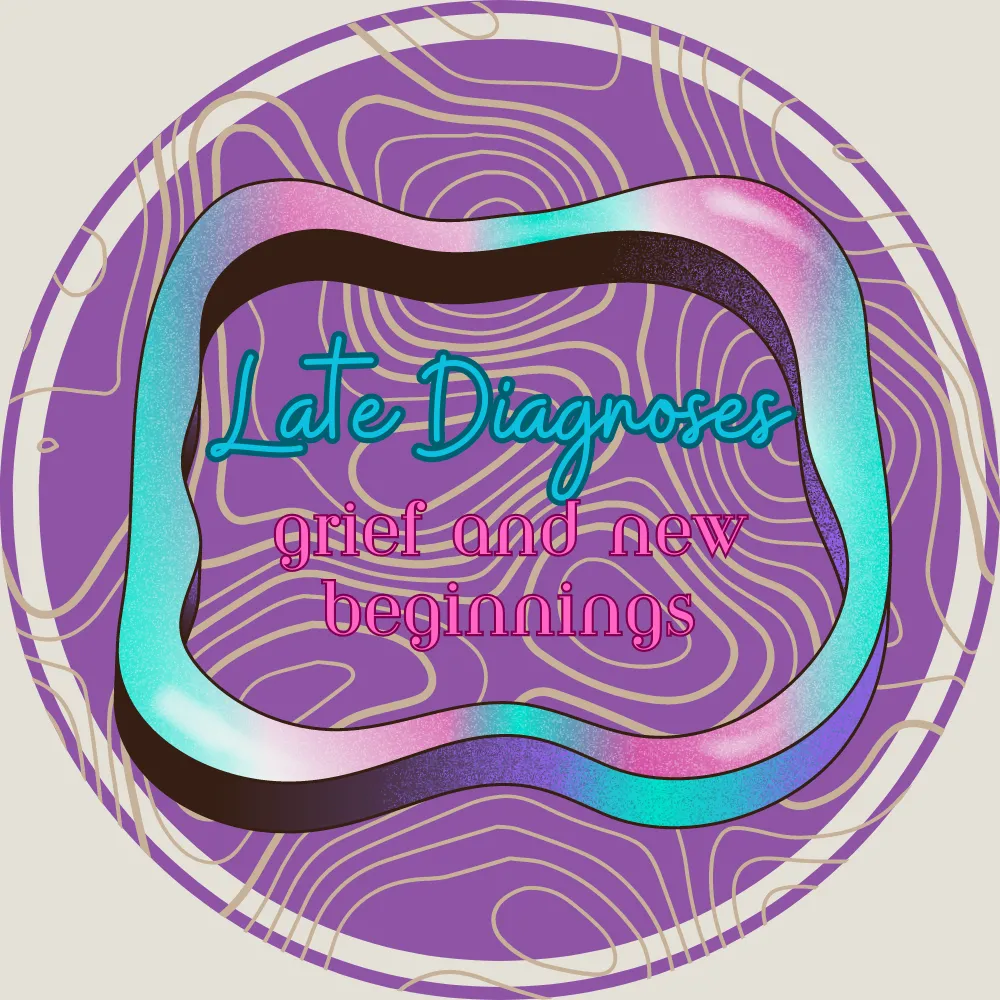
Late Diagnoses, Grief, and New Beginnings
Receiving a neurodivergent diagnosis later in life can be a transformative experience. For many, it brings a mix of emotions—from relief and validation to grief and introspection. As a person with my own experience in discovering my neurodivergence later in life, I've had my fair share of the complexities of late diagnoses, the associated grief, and the opportunities for new beginnings. Since I know this is an area of interest for a lot of folx, I wanted to explore those topics in more depth through this post.
The Complexity of Late Diagnoses
When adults receive a neurodivergence diagnosis, whether it be autism, ADHD, or another condition, it often comes after years of self-doubt, confusion, and feeling different without understanding why. This diagnosis can be a revelation, providing clarity and a framework to understand one's experiences. My experience of realizing my own neurodivergence was eye-opening on so many levels. As I started to reflect back on my childhood and young adult experiences from this new perspective of being neurodivergent, I could understand myself so much more. I found that I gave myself a lot more grace for my mistakes and choices than I had before I discovered that I was neurodivergent.
Research supports the prevalence of late diagnoses. Studies indicate that many neurodivergent individuals, particularly women and those assigned female at birth, are often overlooked during childhood due to gender biases and the subtlety of their symptoms (Gould & Ashton-Smith, 2011). This delay in diagnosis can lead to a lifetime of misunderstandings and misdiagnoses, highlighting the importance of increased awareness and better diagnostic practices.
Grieving the Lost Time
One of the most challenging aspects of a late diagnosis is the grief that accompanies it. This grief is multifaceted, encompassing the loss of what could have been if the diagnosis had come earlier—missed opportunities, misinterpreted behaviors, and the emotional toll of not understanding oneself fully.
Grief in this context is valid and deserves acknowledgment. It’s a process of mourning the past while also coming to terms with the present. A study by Hens & Langenberg (2018) suggests that recognizing and addressing this grief is crucial for mental health and well-being. It’s a necessary step in the journey toward self-acceptance and healing.
My experience of grief came in the way of looking back on my childhood and young adult experiences and of how I was treated by others in a dehumanizing way. When I began reflecting back on those experiences from the lens of being neurodivergent, I had a lot of anger I had to work through. It's important that you give yourself the space to grief in your own way, if you experience difficult emotions when reflecting back on your experiences before you realized you were neurodivergent.
The Relief and Validation
Alongside grief, there is often a profound sense of relief and validation. A late diagnosis can explain long-standing challenges and provide a sense of identity that aligns with one's experiences. It can be empowering to finally have a name for what one has been experiencing.
This validation is not just personal but social as well. Finding a community of others who share similar experiences can be incredibly supportive. Online forums, support groups, and social media communities offer spaces where individuals can share their journeys, gain insights, and find solidarity (Davidson, 2008). My journey towards self-acceptance was highlighted by finding supportive people who could hold space for my emotional process and navigating away from others who I realized were not accepting or supportive of my newfound identity exploration.
New Beginnings and Opportunities
A late diagnosis marks a new beginning. It opens the door to self-discovery and self-acceptance, providing a clearer path forward. With this new understanding, individuals can make informed choices about their lives, seek appropriate supports, and build environments that accommodate their needs.
Embracing a late diagnosis also means embracing neurodivergence as a natural and valuable part of human diversity. The neurodiversity movement advocates for this perspective, emphasizing the strengths and unique contributions of neurodivergent individuals (Singer, 1999). It encourages a shift from seeing neurodivergence as a deficit to recognizing it as a difference.
Moving Forward with Self-Compassion
As individuals navigate their new beginning, self-compassion becomes essential. It’s important to be gentle with oneself, acknowledging both the struggles and the strengths. Seeking therapy or counseling from professionals who understand neurodivergence can provide additional support and guidance.
In conclusion, a late diagnosis is a significant milestone that brings with it a blend of grief and new beginnings. It’s a journey of understanding, acceptance, and empowerment. By acknowledging the past and embracing the future, neurodivergent individuals can find a sense of peace and purpose in their unique experiences.
References:
Davidson, J. (2008). Autistic culture online: Virtual communication and cultural expression on the spectrum. Social & Cultural Geography, 9(7), 791-806.
Gould, J., & Ashton-Smith, J. (2011). Missed diagnosis or misdiagnosis? Girls and women on the autism spectrum. Good Autism Practice, 12(1), 34-41.
Hens, K., & Langenberg, E. (2018). The ethics of autism: Among therapy, empowerment, and care. Ethics and Education, 13(4), 422-434.
Singer, J. (1999). 'Why can't you be normal for once in your life?' From a 'problem with no name' to the emergence of a new category of difference. In M. Corker & S. French (Eds.), Disability Discourse (pp. 59-67). Open University Press.
About Dr. Misty Gibson
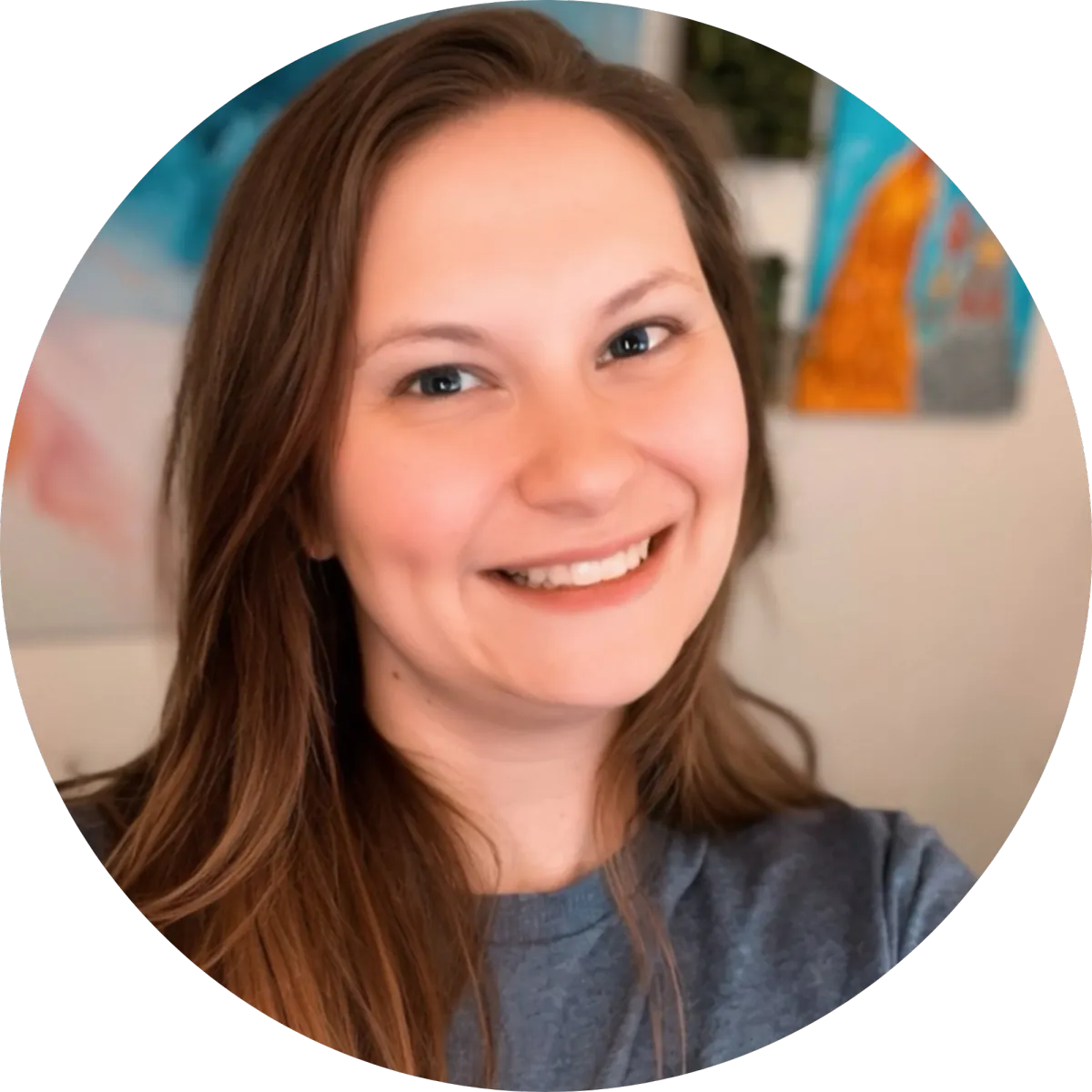
Dr. Misty began FlowArt Therapy as a solo venture in 2016. As she worked alone, she realized that the unique population she serves needed more specialized mental health care than she could provide by herself. In 2020, Dr. Misty decided to expand into a group collective, inviting interns and associates to join her in practicing clinical mental health and sex therapy for neurodivergent, queer, polyamorous, and kinky individuals.
Over the years, Dr. Misty has trained many students, interns, and associates in competent, compassionate, and consent-based therapy, using a relational-cultural approach. To be a part of FlowArt Therapy, it’s essential that all therapists are sex-positive, neurodivergent-informed, and committed to continuing their education in these areas. Dr. Misty has transformed her practice into a collaborative teaching space, where she closely models and trains therapists in these focused methods.
Together with her colleague and business partner, Michell Brockman, Dr. Misty is expanding the reach of FlowArt. They’re working on bringing on-demand learning opportunities to the public and to clinical mental health practitioners about the intersection of neurodivergence and queer identities through FlowArt Academy, The Sparkle Newsletter, The Sparkle App (coming soon), and the Neurosparkly podcast.
What's On
Check out the things we are working on within FlowArt and beyond!
Check Out Our News!
Our newsletter, The Sparkle, is chock full of great articles and insights focused on neurodivergence, queer identity, and other amazing content. We often have cool freebies included too, so don't miss out!
FlowArt Therapy
Dr. Misty's group practice that inspired it all, is always taking new clients! We focus on queer issues and neurodivergent humans, particularly adults who are newly exploring their neurodivergent identities, as well as polyamorous and kinky folx! Let's get you started on therapy!
On Demand Courses
The courses on FlowArt Academy are focused on topics for neurodivergent and queer folx and the people who love them. We provide great learning to bring awareness and support for neurodivergent/queer/adjacent identities.
Listen to Our Podcast!
Our podcast, Neurosparkly, is funny, insightful, and genuine, and we'd love it if you check it out! Neurosparkly publishes a new episode every week where we share our thoughts and have great conversations & guests!
FlowArt's The Sparkle App
We’re excited to be developing The Sparkle App, bringing you daily content on courses and programs focused on neurodivergence and queer identity, as well as bespoke programs specific to your learning interests. Stay tuned for an amazing experience designed just for you!
If you are in crisis, please do not use this site. For more crisis services and information about police intervention, please click the button below:
If you or someone you know is in immediate, life-threatening danger and decide to call 911, please be aware that police are not equipped to offer mental health support and may even pose danger to People of Color, Neurodivergent people and Disabled people.
Please ALSO reach out to community leaders, neighbors, friends, and family to be present if you are calling the police.
Please note that some crisis line workers are mandated to report calls regarding suicide to the police. If this is a concern, we encourage you to first ask about their reporting policies before sharing.
© 2024 FlowArt
The information contained in this Web site and from it's resources is for general guidance on matters of interest only. The information contained in this website is for general information purposes only. The information contained in or through our website is not intended to provide medical advice and is not intended to be a substitute for professional medical advice, diagnosis or treatment that can be provided by your own Medical Provider (including doctor/physician, nurse, physician’s assistant, or any other health professional), Mental Health Provider (including psychiatrist, psychologist, therapist, counselor, or social worker), or member of the clergy. The website and its education resources are not be used as a substitute for consultation with a professional psychologist or other professional health or medical provider. Therefore, do not disregard or delay seeking professional medical, mental health or religious advice because of information you have read on this website or received from us. Do not stop taking any medications without speaking to your own Medical Provider or Mental Health Provider. If you have or suspect that you have a medical or mental health problem, contact your own Medical Provider or Mental Health Provider promptly.




